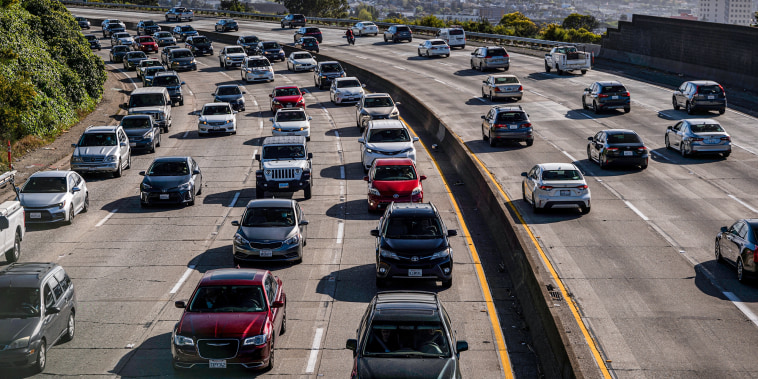Car insurance is a must-have for every vehicle owner. But at times when our pockets are pinched, it feels as though rates are preposterously high. Automobile insurance premiums can seem uncontrollable, especially during periods of economic instability. Luckily, there are some simple steps everyone can take to lower their bills when money is tight. Ensuring a low-rate car insurance doesn’t necessarily mean trimming down the useful coverage; instead, it involves smart management of one’s budget and understanding the core aspects influencing the insurance rates.
Firstly, it’s crucial to understand why car insurance rates might seem high at the moment. Insurance companies primarily determine premiums based on risk assessment. The insurer’s objective is to predict how likely you are to make a claim due to an accident or theft, along with the possible cost of such a claim. As such, many factors play a role here, including your driving experience, history of claims, the area where you live, and also the type of vehicle you drive.
However, external factors, such as the financial state of the insurance industry, economic upheaval, and industry regulation adjustments, can also affect car insurance pricing. Therefore, the rates you might be paying currently could be influenced by an array of aspects beyond your individual risk.
So, how do you reduce your car insurance rates when your budget is tight?
1. Review Your Coverage: You must periodically review your coverage options. If you’re using an older car, you may want to reconsider whether comprehensive and collision coverage are serving your best interests as their combined cost can quickly exceed your vehicle’s value. Similarly, if your annual mileage has significantly reduced—perhaps due to working from home or other lifestyle changes—it may be worth discussing this with your insurer as a lower mileage can often lead to a reduction in your insurance premium.
2. Increase Your Deductible: Your car insurance deductible is the amount you must pay out of pocket before your insurance begins to cover the costs. If you feel confident in your driving abilities and have a bit saved for a rainy day, then raising your deductible may be a good way to help decrease your monthly premiums.
3. Shop Around: Loyalty should not cost money. If your insurance premium seems overly high, compare quotes from different insurers online. A little bit of research could lead to some substantial savings. Remember, you’re not just looking for the cheapest car insurance, but the best potential coverage for your budget.
4. Bundle Your Insurance Policies: If you have multiple insurance policies—for your home, different cars, or even life insurance— consider buying these from the same provider. Bundling insurance policies can usually help you secure a discount on your overall premium.
5. Check for Discounts: A lot of insurance companies will offer a variety of discounts that you may be unaware of. For instance, good driver discounts, alumni organization discounts, or even discounts if you’ve completed a defensive driving course. Make sure you’re taking advantage of any potential discounts you qualify for.
6. Maintain a Good Credit Score: Insurers often consider the creditworthiness of the car owners. By maintaining a good credit score, you can persuade the insurance companies that you’re less risky, which may result in lower premiums.
In a nutshell, there are various measures, some direct and others roundabout, that can help lower your car insurance bill during financially difficult times. Explore these, and you should be able to navigate the path to savings! Remember, the goal is to strike the best balance between cost, coverage, and risk.




